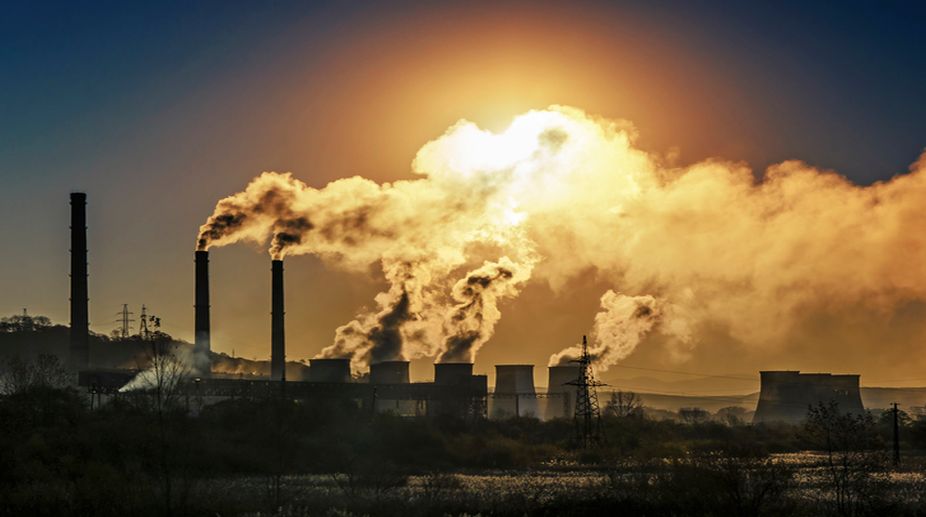Four year data of air quality in the twin cities of Kolkata and Howrah shows that both the cities remain "non-compliant" with respect to particulate pollutants for more than five months in a year, especially during winter time, the West Bengal Pollution Control Board said on Friday.
The air quality of the area is determined through monitoring network of 19 ambient air quality monitoring stations in Kolkata and six stations in Howrah.
"The report of these air quality monitoring stations, analysed over a period of four years, shows that both cities remain non-compliant with respect to extremely vulnerable air pollutants like PM-10 and PM-2.5 for more than five months in a year, especially during winter time," an official of the state pollution control board said.
Particles less than or equal to 10 micrometers in diameter are so small that they can get into the lungs, potentially causing serious health problems. Ten micrometers is less than the width of a single human hair. Coarse dust particles (PM10) are 2.5 to 10 micrometers in diameter.
Fine particulate matter (PM2.5) is an air pollutant that is a concern for people's health when levels in air are high. PM2.5 are tiny particles in the air that reduce visibility and cause the air to appear hazy when levels are elevated.
The other parameter in which the twin cities are non-compliant is nitrogen dioxide (a signature air pollutant from automobile tail pipe emission and industrial high temperature fuel burning).
According to data provided by the board, in 2016, the PM 10 value stood at 124.9 microgram per cubic metre in Kolkata while the air pollution standard (annual average) is 60.
To understand the problem and develop an action plan for combating air pollution, the state pollution control board and National Environmental Engineering Research Institute (NEERI) has initiated a two year study.











